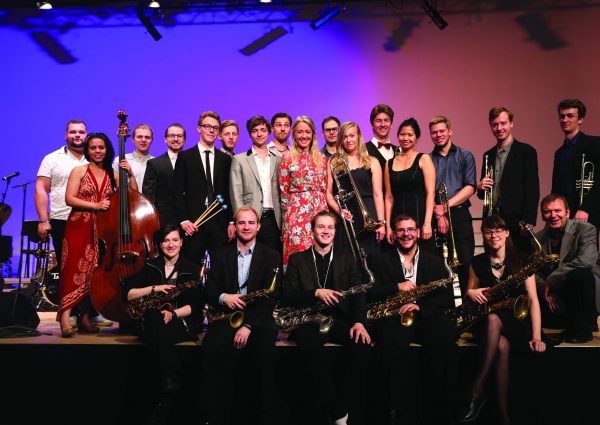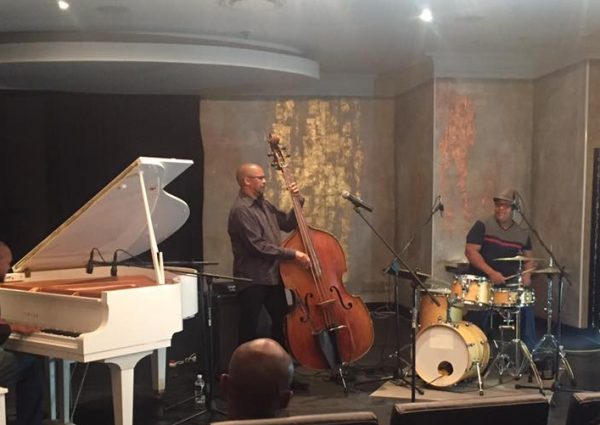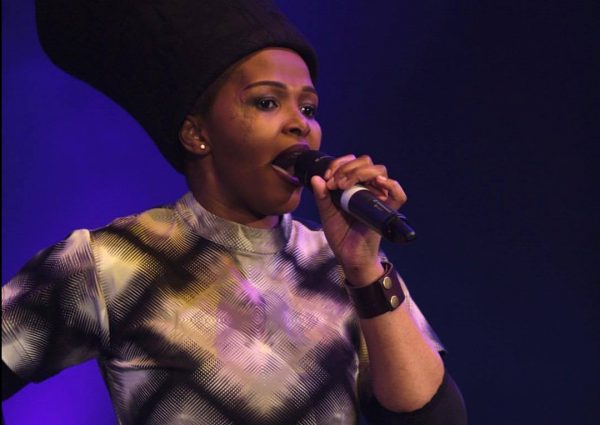Oliver Reginald Tambo is a migrant revolutionary who fathered this nation from exile, writes Ace Moloi.
Death, it is said, is the only certainty of life. To live, therefore, is to journey towards a fate predestined. Mankind – perhaps in despair of existential thrownness – has shifted the focus from the fear of death to the purpose of life. Legacy, in other words, is the ultimate prize for dying.
This year – 2017 – has been declared the Year of OR Tambo, not only to remember the struggle veteran’s revolutionary contribution to anti-apartheid struggle, but to mark the centenary of his birth too.
Had death not ascertained itself upon his life, wishing away our country’s life expectancy rate, OR Tambo would have turned 100 years old this year.
Nationwide, there are many state-funded and independent campaigns started to revive his image in our collective conscience, so that he may be a light unto our path, as we wage the war against the remnants of colonialism and apartheid—and the ills of our leaders.
In all these ways of remembrance, art, which OR Tambo was passionate about in his lifetime, remains a powerful tool that captures the logos and pathos of our liberation struggle: a fact Sipho Mnyakeni knows very well.
On 7 October 2017 a cast of Tambo’s grandchildren travelled from Mangaung to the mining town of Welkom to showcase Dear Oliver Tambo – a theatre production – at the Ernst Oppenheimer Theatre. This in itself – the celebration of the longest serving ANC President at an Oppenheimer facility – was as ironic as it was iconic.
A week later, on 14 October 2017, Dear Oliver Tambo played to a packed Andre Huguenet Theatre at the Performing Arts Centre of the Free State (Pacofs).
Sipho Mnyakeni successfully avoided conventional hero-worship of reciting a truncated biography of his hero, and enriched his narrative with emotive music, creative execution and brilliant writing.
Furthermore, he portrayed OR Tambo not as a lone rebel, but a grandchild of a mass resistance movement birthed from as early as the beginning of African revolutionary consciousness.
The preponderant sentiment shared by those who watched the show is that it makes them emotional. But I think this is to actually say it forces them to contemplate: to wonder how they have betrayed or advanced the values that characterised OR Tambo’s life.
To help them with this introspection, Sipho Mnyakeni wrought the play in a manner that makes the circle bigger for other social ills: corruption, higher education fees, leadership void, and more, as deemed important by the consumer of the production.
The fact that the star of the show is a young person serves as an attention incentive of sorts, which attracts young people to the history of our country, and equips them with the necessary knowledge to tell this story.
In the play, Tselane is a young, curious, teachable and inspired woman who stops at nothing to ask questions about the life and times of Oliver Tambo.
“Who is Oliver?” she takes her mother to task, and her mother, thinking of Oliver her first love, reacts with shock to what she thinks is a search party through her personal belongings.
“Who is Oliver?” she exclaims.
This exchange between a mother and a daughter might be scripted as a misunderstanding, but can’t be dismissed as just that; to this day there are many South Africans who exclaim at the dropping of Oliver’s name.
Thing is, and this is something I picked up from Dear Oliver Tambo itself, “the big O” can be anything and everything to anyone and everyone, and yet, within itself, be nothing at all.
Former President Thabo Mbeki, who was OR Tambo’s political secretary and presidential intern, answers Tselane best by laying the foundation of OR Tambo’s future reference when he declares: “OR Tambo is the father of South Africa’s democracy.”
The father figure in South Africa is often a trigger for controversy and contemplation—sometimes resentment.
As a consequence of colonialism and apartheid, many black men were denied their manhood in mines, farms and factories.
With the determined implementation of land dispossessing laws, many rural communities painfully parted ways with their ancestral land, and as a substitute for livelihood, migrated to cities to sell their labour in exchange for wages.
This obviously tore the black family unit apart, and alienated the black man from the primary responsibility of available fatherhood.
There’s widely conducted research on the effects of the migrant labour system on the black family, and to dwell any longer on the matter in this here text is thus unnecessary.
The biography of “this Oliver” itself is of a migrant revolutionary who went into exile to garner international solidarity against the strongholds of apartheid, in the process sacrificing his own personal life for the greater good of his people.
Without a doubt the most respected leader of the ANC, he presided over the most fragile and difficult period in the liberation movement.
Creative and authoritative in his messaging, he communicated without ambiguity the cardinal pillars of the revolution.
He was a father of the nation, at home and abroad, and conducted himself as a slave to principle even in the most chilling winter nights when warmth could be purchased by just a bend of ethics.
Sipho Mnyakeni thinks it’s important that we don’t forget OR Tambo’s love for, and investment in, the arts as a carrier of culture, identity, consciousness and national pride.
He challenges us to stay woke of the fact that everything rises and falls on leadership.
He laments the slow progress in eradicating the triple challenges of poverty, unemployment and inequality.
Economic freedom in our lifetime is an ideal worth fighting for.
Those elected into office must remember that first and foremost power rests in the people.
The doors of learning and culture should be opened for all deserving children, irrespective of their class position, and this education must be free, decolonised and of high quality.
With the help of song and dance, poetry and prose, humour and hope, he knocks on the moral doors of our leaders to remind them, in case they’ve suffered a tragic loss of memory, that this freedom cost us blood.
We cannot afford to forget about OR Tambo. Like Sipho Mnyakeni’s character, we should ask ourselves who he is, what he stood for, and how we can emulate him as he emulated those who came before him.
No doubt, under the leadership of OR Tambo, a theatre production of Dear Oliver Tambo’s quality would be taken to schools nationwide, and its amazingly talented cast would be truly valued for their creativity, passion and loyalty to the industry.
For us here at ART STATE, “this Oliver” is an artistic inspiration. “This Oliver” buys tickets for shows, downloads music from legal digital channels and pays the poet. This Oliver of our making goes to the cinema to watch local movies, and participates in the creation of local content.
For us, for now, “this Oliver” is Sipho Mnyakeni and everybody else who shares his ethos.
In the spirit of OR Tambo, I’m proud to present to you the fourth edition of ART STATE: a publication which “this Oliver” would read religiously and critically.
May you too read it with his sharp concentration.
Artistically yours,
Ace Moloi
Editor: ART STATE







Mpho Sefatsa
We truly and earnestly “cannot afford to forget about OR Tambo”.